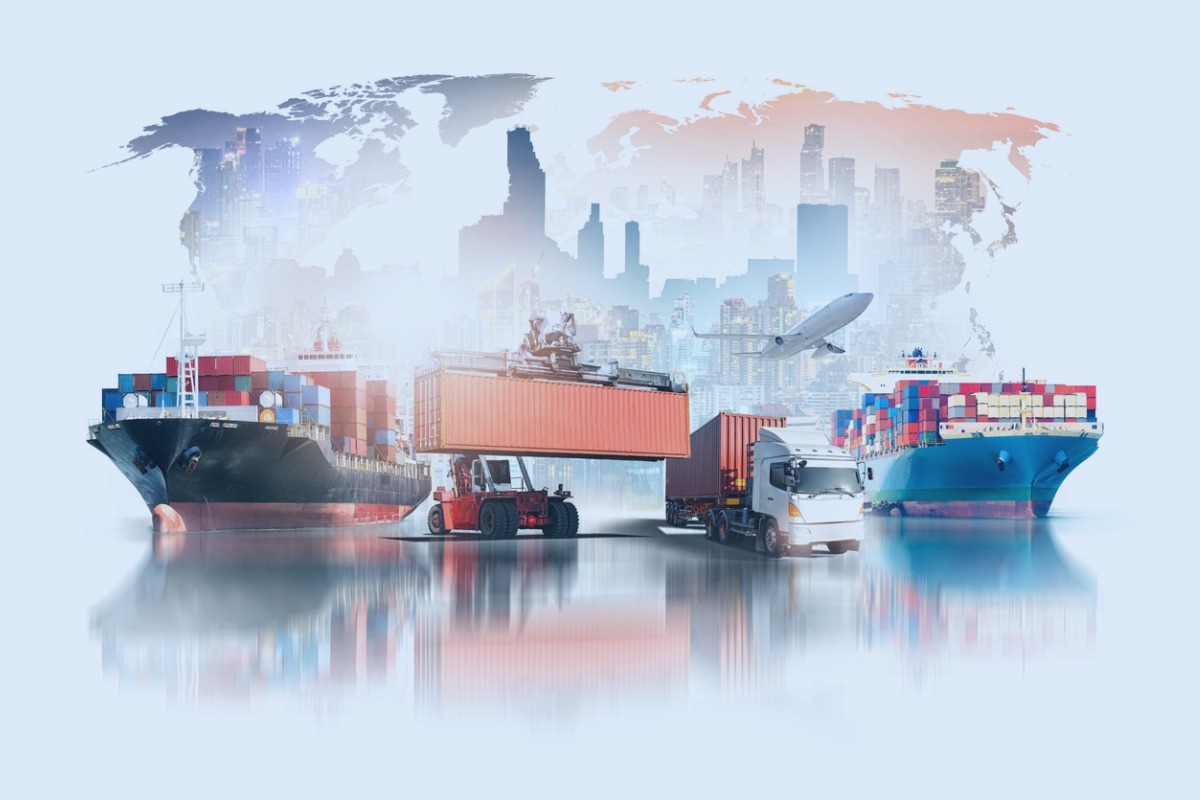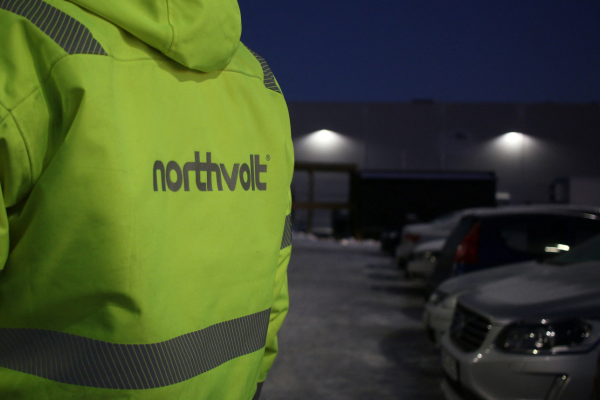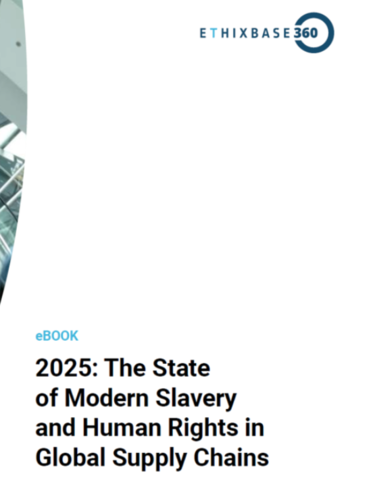Modern supply chains are not your grandfather’s supply chain
Sponsored by Shippeo
When supply chain management came into being as a discipline, its primary focus was on operations: inventory, assets, labour and cost were the primary metrics to manage. That focus shifted over the past two decades to profit management, where revenue, operating profit, cash flow and ROI became sacrosanct.
However, these metrics are difficult to manage in today’s complex supply chains, as they are increasingly vulnerable to disruption and subject to economic and geopolitical challenges. Take the Russia-Ukraine war, for example, which has added a new wave of challenges, with sanctions and conflict restricting the flow of critical resources for multiple industries. Even in China, already strained ports are suffering from congestion, especially in Shanghai-Ningbo as local Covid lockdowns and adverse weather has caused a huge “ripple effect” on global ocean carrier scheduling.
Whichever way you look at it, this level of volatility will become the “new normal”, and modern supply chains will be driven by the need for disruption management – not as an exception, but as business as usual. No wonder supply chain resilience has found itself at the top of many a boardroom agenda.
“A continually disrupted supply chain requires plans to be continuously adjusted.” - Anand Medepalli, Chief Product Officer, Shippeo
Another key driver of change in supply chain practices is the increasing importance of environmental, social and governance (ESG) processes in your organisation. The new stakeholder in the supply chain is the end consumer, who has strong opinions on carbon emissions, sustainable (natural) resource use, human rights, ethical labour, and health and safety. Armed with just the smartphone, today’s consumer can easily gain insights into your ESG practices and decide if they want to do business with you. This end consumer is as important as any other board member and organisations will have to cater to their needs, especially since most emissions are attributable to the supply chain.
“A recent Deloitte global survey found that 80 per cent of global executives are concerned about climate change, with the majority acknowledging that the world is now at a tipping point to act if we are to mitigate its effects” - Anand Medepalli, Chief Product Officer, Shippeo
To manage all these requirements – service, costs and sustainability – organisations need timely access to information. Such information comes from digital data generated by the activities in the supply chain where every shipment must be optimised according to the above metrics. Every aspect of that shipment’s journey then must be tracked, and real-time data harnessed, to gain insights, anticipate disruptions and take agile actions. This ability is what makes the supply chain resilient and mitigates risks.
Real-time transportation visibility (RTTV) platforms provide such real-time data. They allow organisations to know where their shipments are at any point in the supply chain, leverage AI/ML and provide them with tools to take remedial actions in real time. They also provide granular data to upstream planning processes so that better plans are produced for the future. This is what makes the supply chains agile and resilient, but most importantly meet the expectations of today’s consumer.
”The only way to win trust is to work at the speed of the consumer” - Anand Medepalli, Chief Product Officer, Shippeo
Today’s consumer places more emphasis than ever before on sustainability. They also expect you to continuously deliver on your service levels. Organisations with an agile and resilient supply chain strategy that anticipates events and problems ahead of time, those that plan their operations with sustainability in mind, and those whose service is underpinned by reliable ETAs will win the hearts and minds of the consumer.
On 29 June Anand joined experts from Community Fibre, Smithfield Foods and Sainsbury for a live webinar to discuss how to build and manage sustainable supply chains. Watch on demand here.

Anand Medepalli
Chief Product Officer, Shippeo

Business Reporter Team
Most Viewed
Winston House, 3rd Floor, Units 306-309, 2-4 Dollis Park, London, N3 1HF
23-29 Hendon Lane, London, N3 1RT
020 8349 4363
© 2025, Lyonsdown Limited. Business Reporter® is a registered trademark of Lyonsdown Ltd. VAT registration number: 830519543





